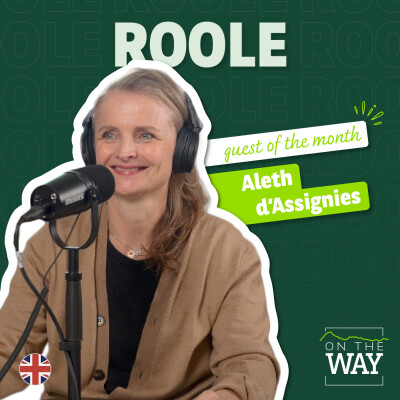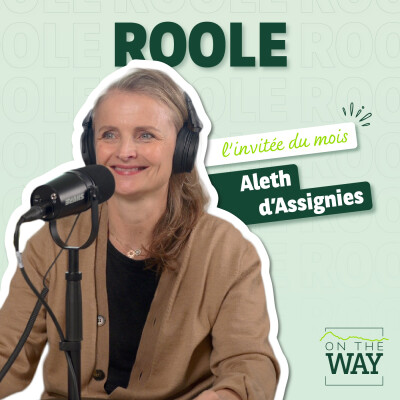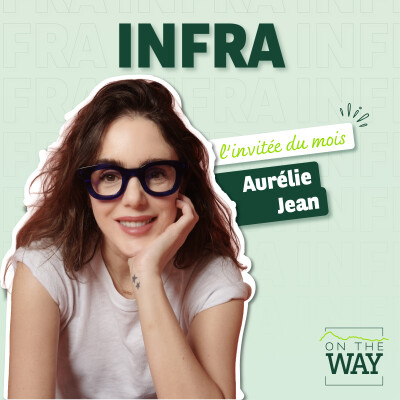Description
The negative consequences of fast fashion on the planet are multiple. Worldwide, an average of 130 billion garments are consumed per year. This colossal amount has immediate effects on the environment: 1.2 billion tonnes of greenhouse gases are emitted each year by the textile sector (an even greater volume than international flights and marine traffic combined.)*
By creating her brand, Patine, Charlotte Dereux wanted to remedy this phenomenon and above all, not duplicate the traditional operation of fast fashion brands to manufacture high volumes of clothing without worrying about their environmental impact and the disposal of stocks. With Patine, quality is preferred to quantity.
Did you know that? It would take us 13 years to drink the amount of water needed to make a t shirt and cotton jeans*.
At Patine, a B Corp company, Charlotte explains that the steps in the clothing manufacturing process are rigorously studied and chosen according to their environmental impact. The brand’s very first piece in 2017, the “Willy” t-shirt, is made of 40% recycled cotton, which allows a much lower volume of water used.
In this episode of On the Way, Charlotte tells us about her journey to the creation of her eco-responsible and feelgood ready-to-wear brand, in particular about how it works and how important it is for her to develop the “Patine community”.
Very good listening!
*According a study published by Oxfam France.
Hébergé par Ausha. Visitez ausha.co/politique-de-confidentialite pour plus d'informations.





